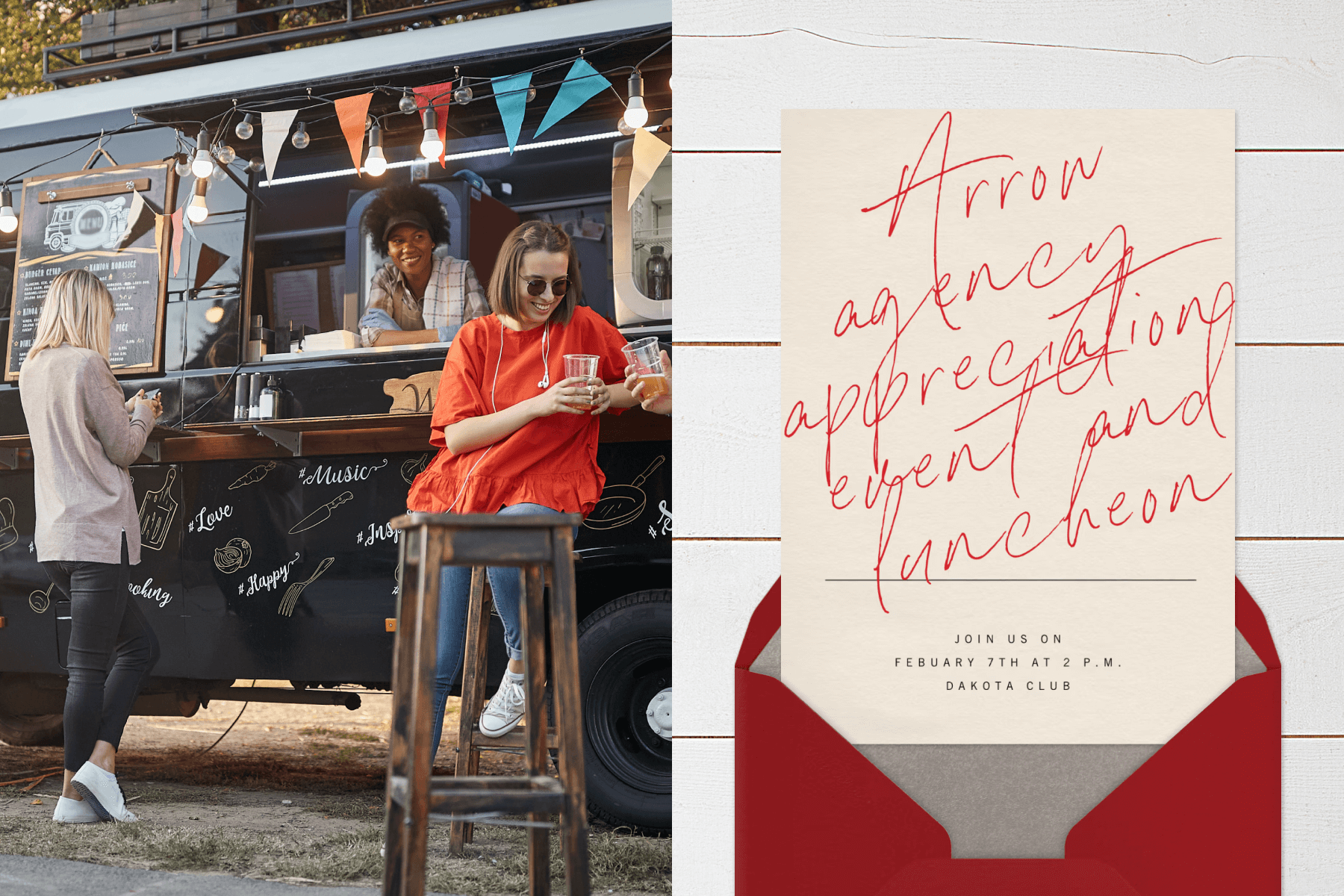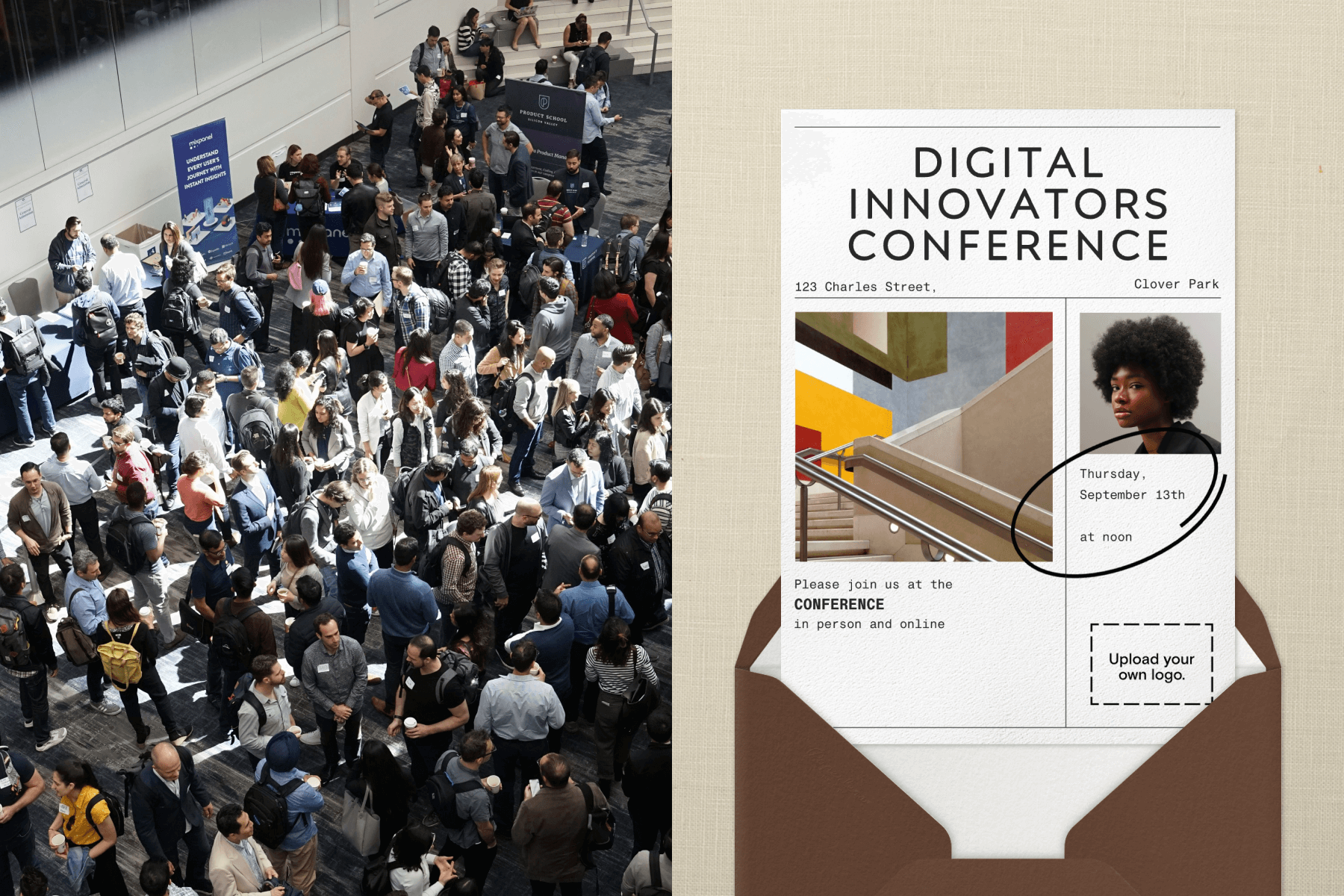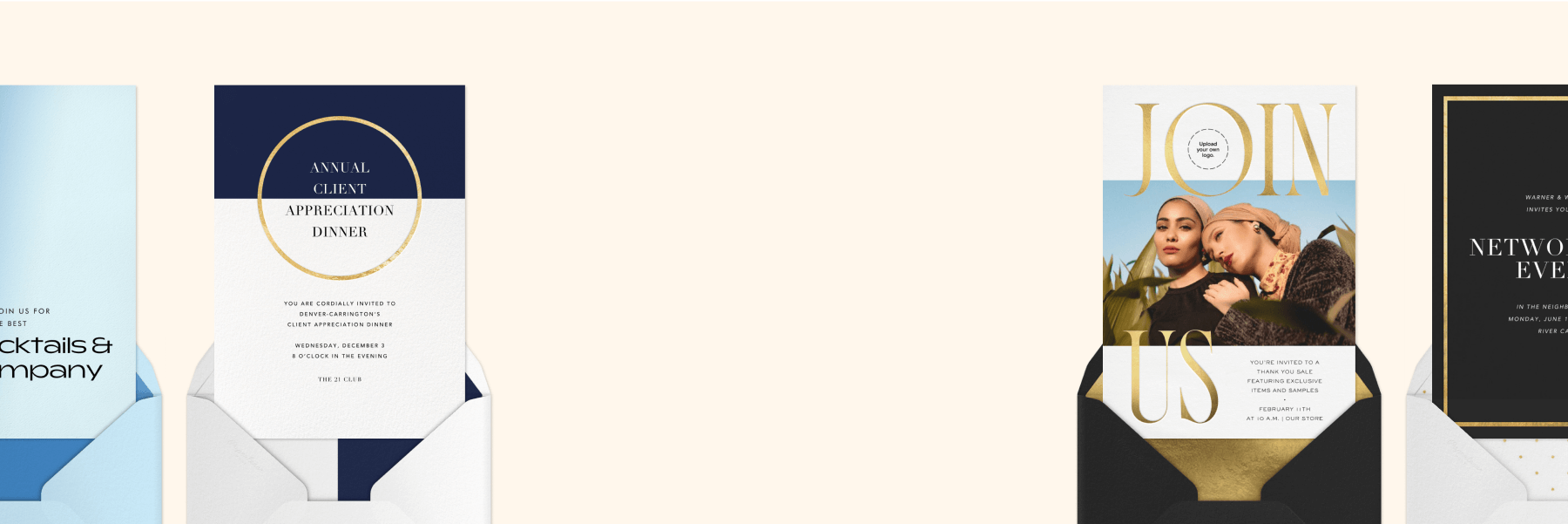How to get sponsors for an event: 7 effective strategies

Partnering with sponsors benefits everyone involved in a corporate or charity event. For the planning organization, sponsors add visibility and credibility to the event, attracting a wider audience and additional involvement—not to mention how much they can increase your event budget. Sponsors, in return, receive additional exposure and the opportunity to partner with events that align with their missions and goals. It’s a win-win for everyone!
Learn how to find sponsors for an event with our step-by-step guide. We’ve compiled a list of helpful tips for how to reach out to and attract sponsors, leading to impactful business relationships that last long after the event is over.
Table of Contents
How to determine if your event needs a sponsor

Does every event need a sponsor? It depends on the event itself—and your goals in hosting it. While you’re in the beginning stages of planning a fundraiser or corporate event, assess if any of the following questions apply to your planning process:
- Are you hosting a large event that requires more funding?
- Do you need help making your event more visible to the public?
- Does your event require budget items that are difficult to secure, such as exclusive venues or transportation?
- Is networking with local companies one of your event goals?
- Are you launching a new business or new product that could use additional publicity?
If you answered “yes” to any of these questions, your event could benefit from sponsorship.
How to target the right sponsors based on your event goals
The best sponsors are companies and donors with reputations, resources, and customer bases that benefit your event. They should also align with your organization’s goals and missions.
Since sponsorship is a mutually beneficial relationship, choose partners who can benefit from your event as much as you benefit from their sponsorship. They’ll be eager to help out again next year—or even sooner than that!
7 ways to find sponsors for your event

So, how do you get sponsors for an event? Whether you’re hosting a school fundraiser or a large corporate event, we’ve got ideas for using your existing network to find sponsorship—or looking outside your circle for new opportunities.
1. Craft personalized sponsorship proposals
Crafting a proposal is an important step in attracting sponsors. Write a pitch for each potential sponsor tailored to their needs and mission, and include details about your event that make your organization stand out. You’ll need to know enough about the prospective sponsor to ensure your goals match and that they’ll be a good partner in the future. Important details about potential sponsors may include:
- Their customer base
- Their desired audience
- Historical sponsorship and business successes
- What you admire about their mission
- Sales or community objectives
You can also describe the sponsorship tiers you intend to set up. Some businesses may be more amenable to lower tiers, while larger companies looking for networking opportunities may opt for higher tiers and more advertising opportunities.
2. Utilize strategic partnerships in your current network
 You may not need to spend much time learning how to acquire sponsors—they may already be in your contact list. Reach out to industry contacts and clients you’ve worked with in the past, whether it’s from previous corporate events and fundraisers or day-to-day networking opportunities. These contacts may be key strategic partners with whom you can form additional business connections after the event.
You may not need to spend much time learning how to acquire sponsors—they may already be in your contact list. Reach out to industry contacts and clients you’ve worked with in the past, whether it’s from previous corporate events and fundraisers or day-to-day networking opportunities. These contacts may be key strategic partners with whom you can form additional business connections after the event.
Use incentives to attract strategic partnerships, including:
- Additional promotional opportunities, including free advertising. When using Paperless Pro for your business event invitations, highlight your sponsors by adding a Sponsors Block with options to include sponsor logos, descriptions, and sponsorship tiers.
- Referral programs in which referring partners receive rewards or advantages for providing you with client or customer leads
- Personalized programming (sponsoring individual speakers or parts of the event)
- Mutual sponsorship plans (your company sponsors one of their upcoming events)
- Opportunities for sponsors to weigh in on the planning process
- Shared event audience profiles, including demographics and other data beneficial for their organization’s marketing
When talking to a potential sponsor, ask about previous incentives they’ve enjoyed when sponsoring events. You may be able to match those incentives or even add to them.
3. Highlight sponsorship ROI
Event partnerships are all about reciprocity. You’ll benefit from the funds and credibility your sponsors provide, and in return, they’ll receive an ROI that’s worth their while. Break down what these opportunities may include so they don’t need to spend much time running the numbers.
- Offer brand exposure packages through your own marketing department. For smaller organizations, draft a sample advertising campaign that includes your sponsor’s logo.
- Give estimates on potential ROI for sponsors based on fundraising profit predictions and previous sponsorship experiences.
- Align their target audience with your attendees by extending invitations outside of your customer base.
Once you have a proven relationship with a sponsoring partner, they’ll know that the ROI is worth their time and money. But when you’re working with them for the first time, provide as many metrics and predictions as possible to boost confidence.
4. Partner with local businesses

Large corporate sponsors may be a big draw for an event but don’t underestimate the appeal of local businesses. Reach out to smaller companies in town that have sponsored previous events—your own or events thrown by other organizations—and who might appreciate additional exposure. Beyond financial donations, local businesses may provide:
- Food and drinks
- Access to a venue
- Speakers or entertainment
- Swag and door prizes
- Furniture
- Paper supplies and decorations
Partnering with local businesses is a great investment in your organization’s future. They may not provide as much financial contribution as larger companies, but customers will appreciate your connection to the community—and these arrangements can be mutually beneficial in the future.
5. Provide social media marketing
If your organization has a handle on social media marketing, especially the latest and greatest platforms, you’ve got an appealing event marketing strategy for sponsors. Create mock social media campaigns featuring the sponsor’s logo and mission in promotional posts for your events. These types of posts may include:
- Online content that features the sponsor
- Live feeds or videos where you promote the sponsor
- Photos or text posts with the sponsor mentioned
- Product placement in your organization’s social media feed
- Images or videos of the event planning process with the sponsor’s logo front and center
- Collaborative posts with the sponsor’s social media account or comments on their posts
Let sponsors know that you’ll encourage your followers to like, share, and engage with the sponsor’s content both before and during the event.
6. Build relationships through community events
Your next sponsor might be someone you chat with at a corporate cocktail party or local picnic. These community events are excellent ways to ensure you and your potential sponsor have shared goals and interests, audiences, and brands.
Popular community events to make connections include:
- Fairs or festivals where your brand is on display
- Launch parties for other companies that share a similar vision and audience
- Anniversary or holiday office parties where you invite contacts from the community
- Client receptions where your organization is a sponsor or invited guest
Additionally, consider volunteering for causes that align with your target sponsor audience. This authentic networking connection demonstrates your company’s commitment to causes—and puts your mission front and center for anyone looking for partnering opportunities.
7. Offer post-event engagement opportunities
The best sponsor relationships are those you’ve kept over time—long after the last event table is folded up. Once you have a healthy list of companies and organizations you’ve worked with in the past, you’ll spend less time looking for sponsors for an event and more time making your event one to remember.
Engage with sponsors after your event with techniques like:
- Following up with sponsors by sending thank you cards (and including their logo in other follow-up material)
- Inviting sponsors to additional organization events throughout the year, including VIP receptions and holiday parties
- Posting and commenting on their social media platforms
- Keeping their brand on your organization’s website or in your physical office
- Attending their events and regularly networking with decision-makers at their company
These strategies can turn a one-time sponsorship into a lasting business relationship—one whose benefits go well beyond your event’s ROI. Consider partnering with companies that represent your organization’s long-term goals or vision so you can turn to them for your next sponsored event.
Make lasting connections with Paperless Pro

At Paperless Post, we know how important it is to build relationships in your community. Whether you’re learning how to obtain sponsorship for an event or looking for the best event management tools to organize events, we’ve got everything you need to create—and keep—those connections in your network.
With Paperless Pro’s intuitive tools and features, you can upload your own logo on any invitation for an on-brand, personalized experience. Add sponsor information in a Sponsors Block to show appreciation for the donors and partners you worked with to throw a successful event. From big-picture goals to day-of details, Paperless Pro is here to help with all your event needs.
Find sophisticated, business-minded designs that streamline planning and impress guests.

